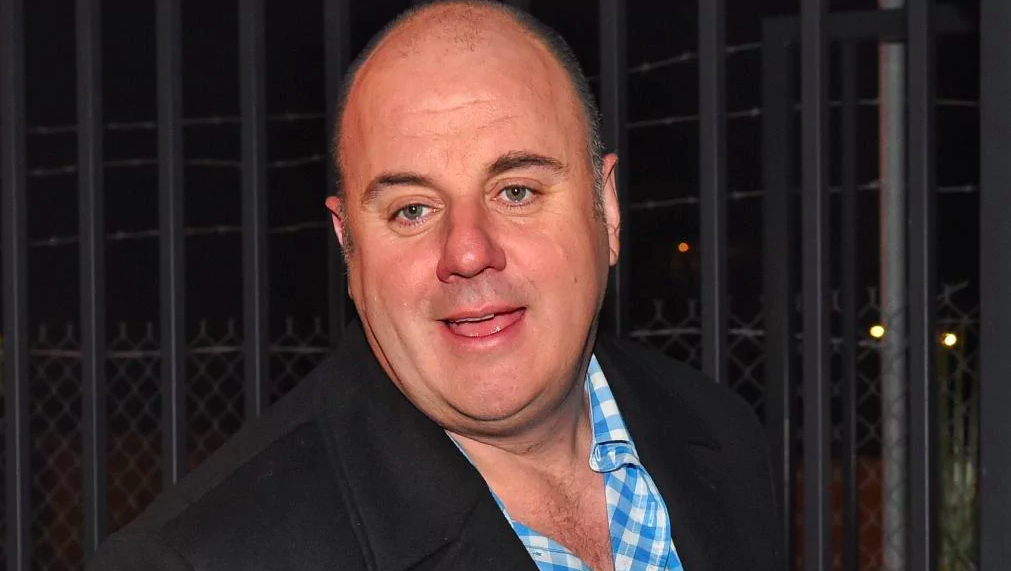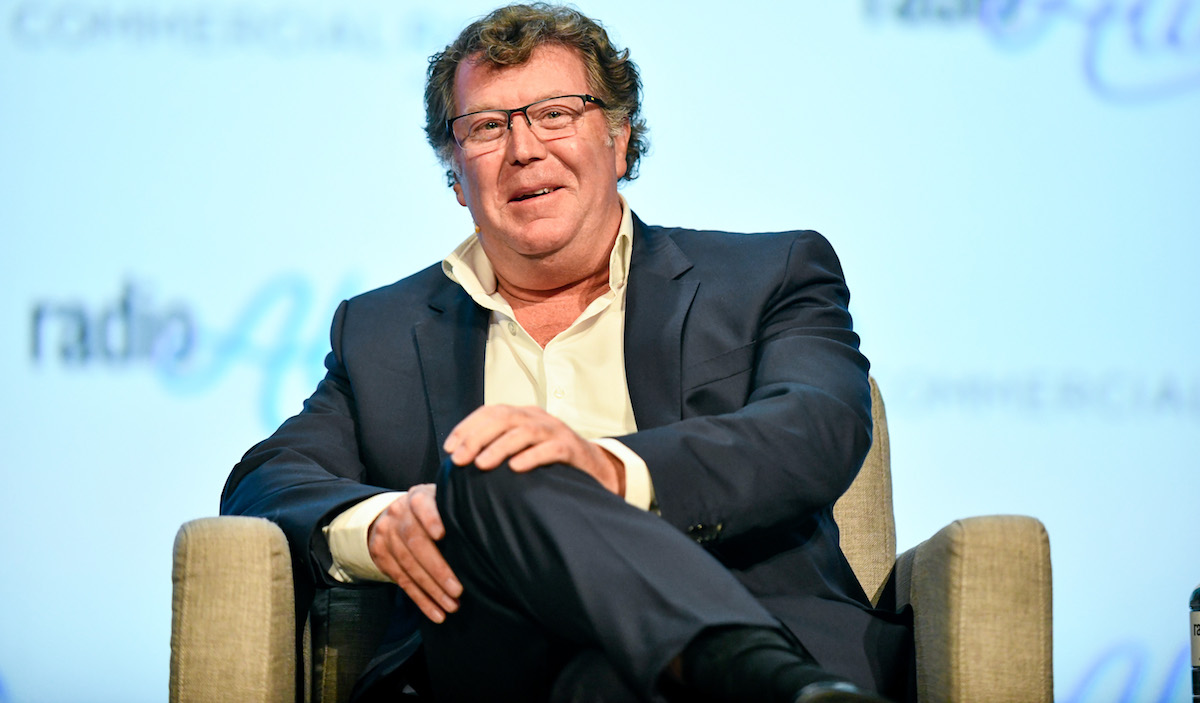JobKeeper, executives’ salaries and pay cuts: What you may have missed in radio’s annual reports

The extent to which radio networks relied on Government subsidies to prop them up throughout COVID-19 has been revealed, with various broadcasters’ annual reports hitting the ASX in recent weeks.
In case you missed it, here’s Radio Today’s wrap up of how much money the CEOs took home this financial year, the extent to which pay cuts hit the staff, and how much money they received from the Federal Government via the JobKeeper program.
We also uncover their progress in gender diversity across various management levels.
JobKeeper payments
Southern Cross Austereo (SCA) received $16.1m in JobKeeper payments for its staff for the period up to June 30, 2020.
By comparison, Australian Radio Network’s (ARN) parent company Here, There & Everywhere (HT&E) received about $3.2m from the Government via JobKeeeper over the same period, and anticipates the benefit to the company over the 2020 calendar year to be around $9m.
Pacific Star Network received $1.62 million in JobKeeper payments from the program’s inception until 30 June, 2020.
Executive pay packets
Pacific Star’s annual report has revealed CEO and managing director Craig Hutchison’s take-home pay for the 2020 financial year was $624,246, down from $767,405 the year prior.

Hutchison’s company Craig Hutchison Media also received $400,000 for providing talent appearances and services.
SCA’s CEO Grant Blackley received $788,641, well down on 2019’s $1.869 million. He forfeited 100% of his short-term incentive opportunity and 61% of the long-term incentive.
ARN operates to the calendar year, so the extent to which executives’ pay has been hit by COVID-19 will be revealed later than the other listed networks.
Cut backs and pay cuts
The extent of the Pacific Star Network’s struggles under COVID-19 were also detailed in its annual report, which reveals it reduced its workforce by 65% across all business units, including talent. In addition, staff also took a pay cut and reduced their hours, as did the Board of Directors and executive team.
Fitouts of Sydney and Brisbane offices and studios were also scaled back.
“Government restrictions in Australia led to a significant change in the operation of the 2020 AFL & NRL sporting seasons, and the postponement and cancellation of other public events which have impacted the Group’s revenue streams,” the report said of its revenue struggles across the latter part of the financial year. “There is significant uncertainty as to the ongoing disruption of sporting seasons, the lifting of restrictions on event gatherings and the ongoing impact on advertisers.”
SCA similarly cut back its workforce and the hours of those who remained, due to revenue declines.

The pay packet of Blackley (pictured) looked a little different this year
“SCA’s audio revenue reflected the broad market contraction due to COVID-19,” the annual report said. “Revenue declined by 18.2% to $371.1 million, and underlying EBITDA [earnings before interest, taxes, depreciation and amortisation] declined by 35.3% to $97.8 million. Audio expenses fell by 9.6% to $273.3 million, influenced by a reduction in employee expenses.”
ARN suffered a 46.1% decline in revenue in the second quarter of the calendar year, with significant levels of client cancellations and deferrals, its half-year report said.
The report noted staff took reduced hours and pay for six months, and ARN’s Board, management and CEO also took the 20% cut and will forego all incentive payments for 2020.
ARN and SCA staffers have since returned to full pay.
Gender diversity
Recent documents on the ASX also revealed the broadcasters’ gender breakdown.
Pacific Star Network’s board remains 100% male, however female representation in management has increased slightly from 46% in 2019 to 50% at the end of the most recent financial year.
Part-time and full-time employees though have shifted further in favour of males, with men accounting for 61% of permanent employees, up from 57% last year.
The casual workforce is now 34% female, up from 18% in 2019.
Overall, female representation is 41%, which the company said is above the 40% is aimed for from 2018 onwards.
SCA said it achieved its gender diversity targets, set by the Board.
Women now occupy 40% of senior management positions, and 60% of middle management positions at SCA. 42% of non-executive directors are female.
“The results achieved reflect programs introduced in recent years to encourage flexible work practices to help our people – both men and women – to successfully manage their career and family life through a practical work-life balance,” the report said.
ARN’s diversity initiatives and performance will likely be spelled out in its annual report at the beginning of 2021.
NOVA Entertainment is not listed on the ASX, and therefore does not have to disclose the above information to the market.



The staff at 2DAY FM don’t usually have much to cheer about on radio ratings day but maybe they should go out and celebrate their gender diversity targets